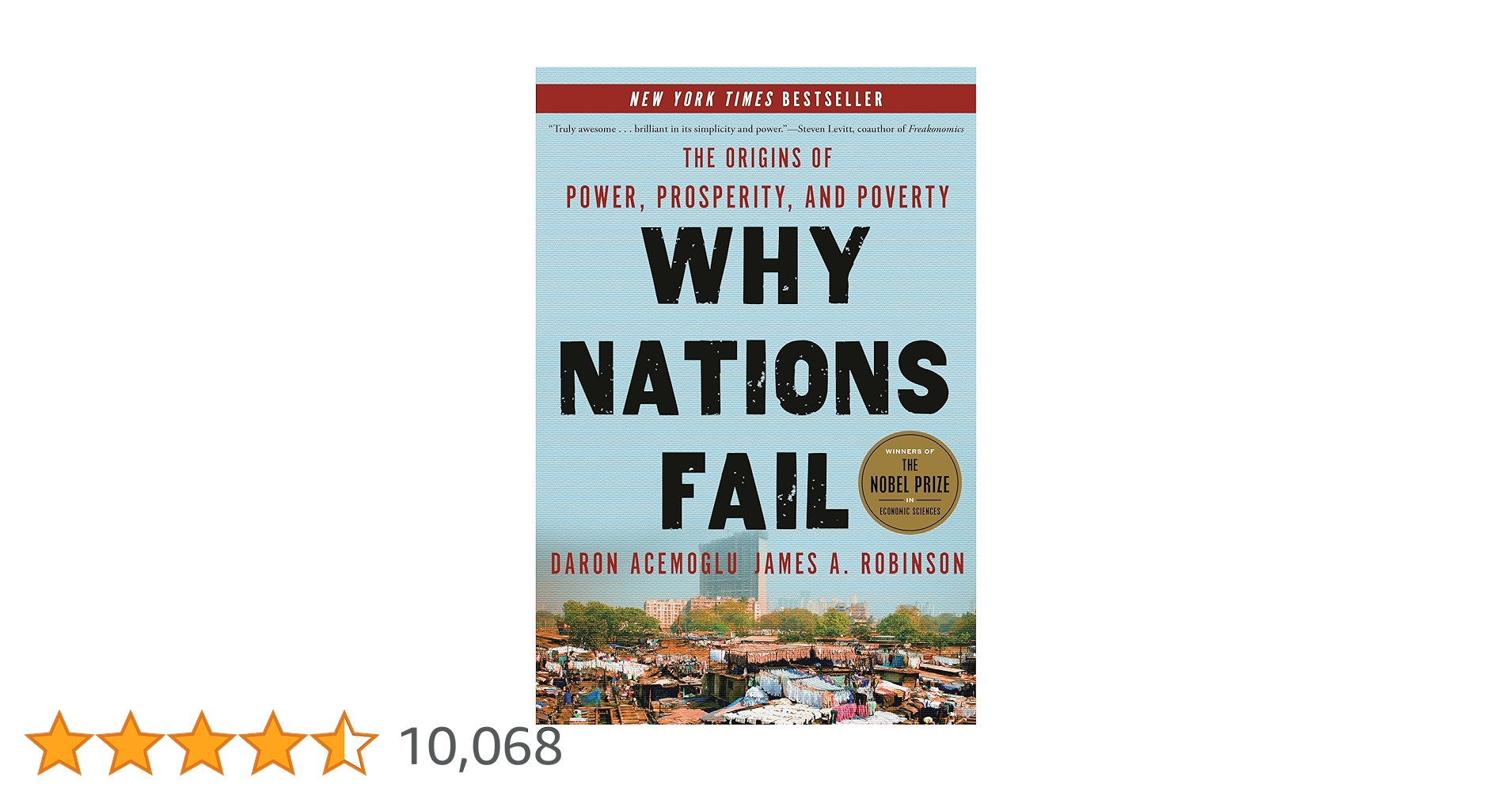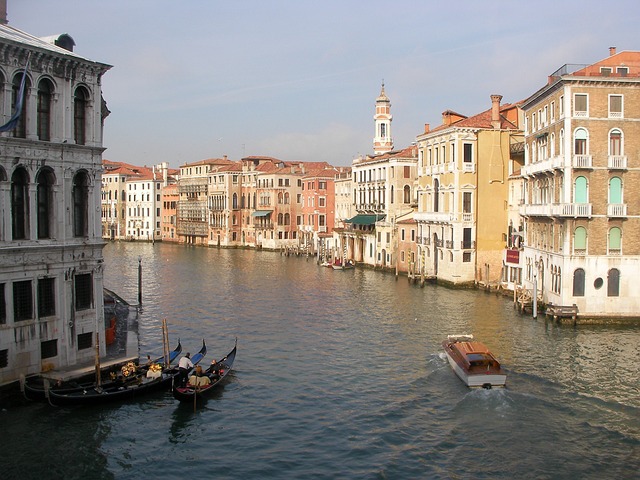読書中の洋書 Why Nations Fail(邦題:国家はなぜ衰退するのか)の書評記事を数回に分けて書いています。

今回は第6章(Drifting Apart)を中心に感想を書きたいと思います。
本章では2つの象徴的な例が取り上げられています。1つはイタリアのVenice、もう一つは古代ローマです。
Venice(ベネチア)は、中世において最も発展していた都市です。そこでは、Commendaと言われる(原始的な)共同出資形態の会社が登場します。共同出資者の一方は(航海に必要な)資金を提供し、もう一方は航海そのものを行うという形でリスクを分担し、(貿易による)利潤を双方で分けるという仕組みです。これによって多種多様な人達が海上貿易に参入し、経済が発展しました。
しかしこのようなIncrusiveな経済体制も長続きしません。やがて既得権益の保護のために外部からの参入を制限(参入障壁の設定)するなどして、より、Extractiveな体制へと変容していきます。それに伴い、Veniceの経済発展も停滞します。
【English】
The authors provide an insightful exploration of Venice’s transformation over the centuries, from its rise during the Middle Ages to its decline in later periods. At its peak, Venice was one of the richest and most prosperous cities in the world. This success was largely due to its inclusive economic and political institutions that promoted trade and innovation. In Venice, a system that allowed for broader participation in economic activities helped remarkable growth and prosperity.
However, as time went on, Venice’s institutions began to shift toward more extractive systems. To protect the interests of those in power and exclude outsiders, Venice became increasingly closed to new ideas and outside investment.
This transition marked a significant turning point, as the economy stagnated and innovation slowed. The shift from inclusive to extractive institutions is a powerful example of how such a change can lead to the decline of a society’s economic vitality.
The authors draw an insightful comparison to ancient Rome, highlighting the transition from the Roman Republic to the Roman Empire. Under the Roman Republic, Rome was more inclusive, with systems that encouraged innovation and expansion. But with the rise of the Roman Empire, the political and economic systems became more exclusive, focusing on protecting the power of the elites rather than fostering creative destruction and progress. This shift marked the beginning of Rome’s decline.
During the Roman Empire, societies that relied on slave labor and serfs had little room for the kind of creative destruction that drives innovation. The famous period of the Five Good Emperors, often viewed as a golden age for the Roman Empire. But this era may only delay the inevitable decline rather than prevent it.
This story shows that the institutional shift from extractive to inclusive is not one-way, but reversible.



コメント